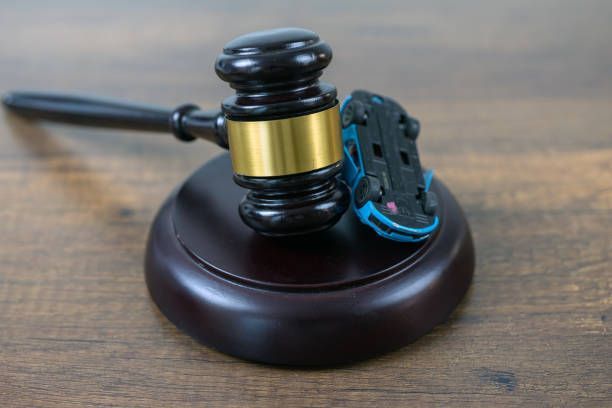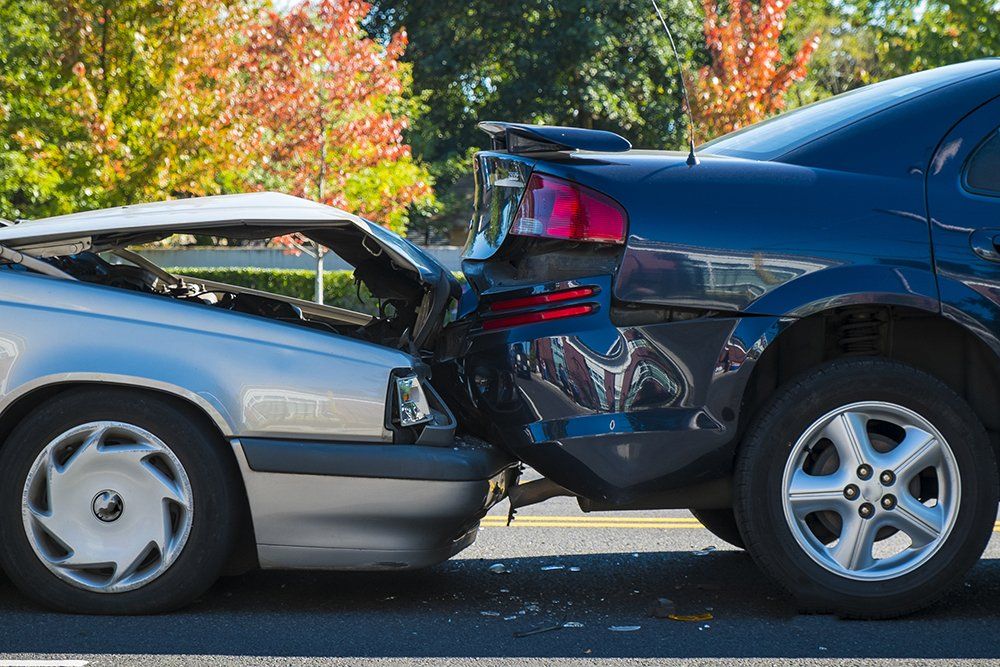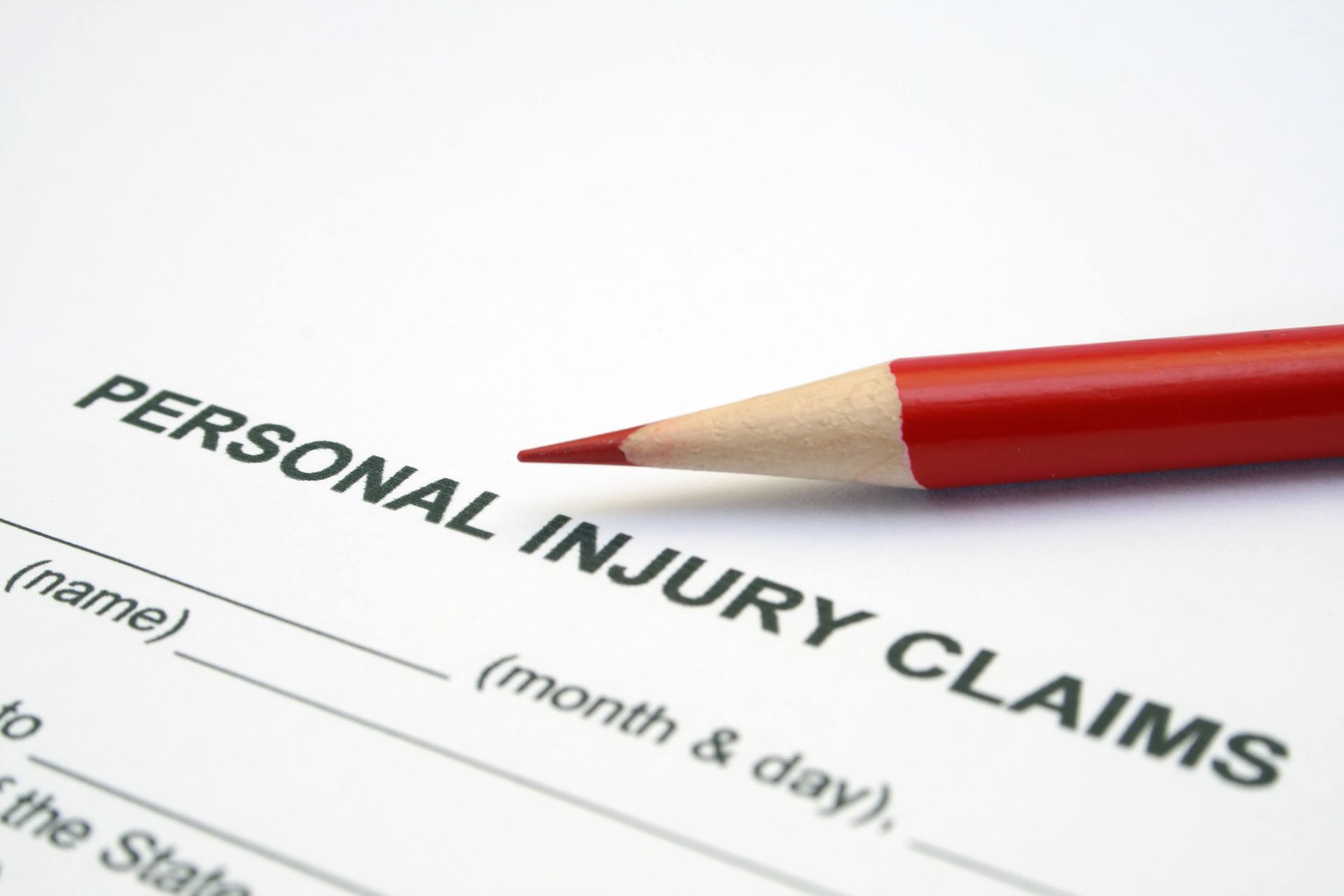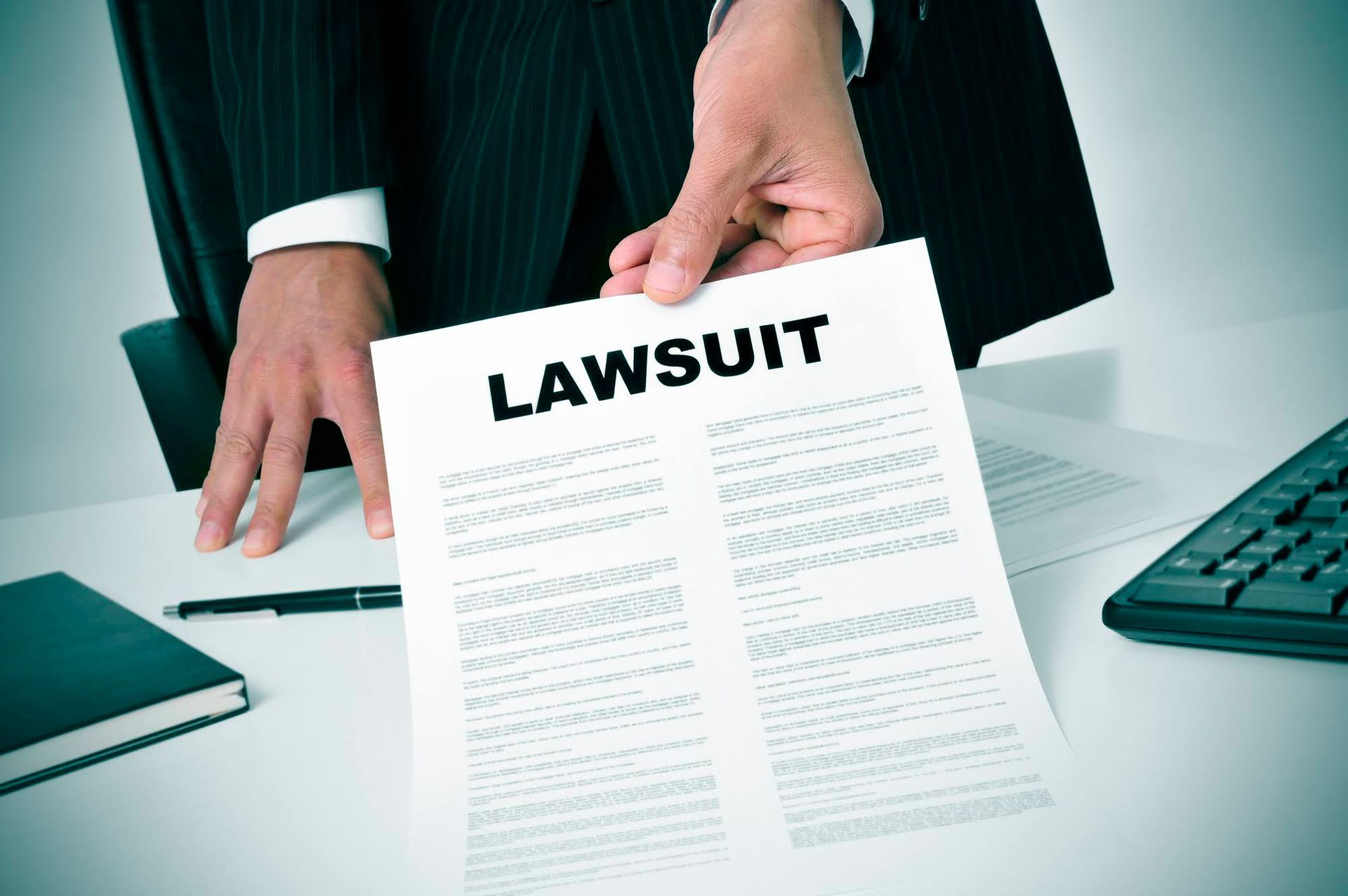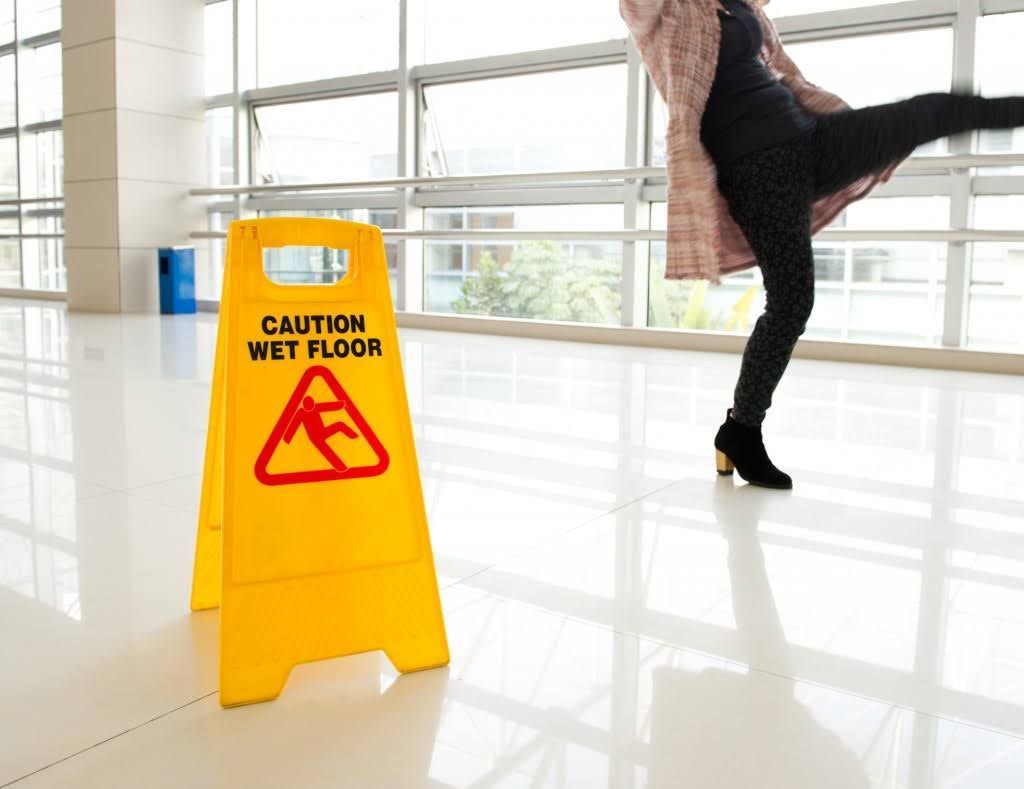Your Pharmacy Malpractice Questions Answered

Prescribed medications have helped many people live longer and healthier lives. However, when the wrong medicine is administered or the wrong dosage is given, medication can become deadly. Read on if you would like to know more about pharmacy malpractice.
What Is Pharmacy Malpractice?
Pharmacy malpractice refers to negligence from a pharmacist. As a result, it involves prescribed medications from your doctor. One of the most common types of pharmacy malpractice is dispensing the wrong medication. This can happen if the pharmacist confuses two different patients, or they mix up medications with similar names.
In other cases, you may be given the correct medicine, but you are given the wrong dosage. Similarly, the medication and dosage may be fine, but the directions are wrong. For example, they may tell you to take more pills than are needed. The directions and the pharmacist should also tell you about any warnings.
Various medications make people drowsy. They must know this before taking the medication so that they don't drive or operate heavy machinery. The pharmacist should also warn you about unique risks to you, such as potential side effects, potential drug interactions, risks if you're pregnant, alcohol interaction, and other unique risks.
What Is So Dangerous About Pharmacy Malpractice?
Pharmacy malpractice can lead to devastating and deadly consequences. In some cases, the issue may be minor. Perhaps your doctor prescribes a medication for stomach acid, but your pharmacist makes the dosage too small. This isn't dangerous, but it may not help your condition.
On the other hand, if you were prescribed life-saving medication, but the pharmacist entered the wrong dosage, it could lead to worsening health or tragedy.
Similarly, giving you a medication you don't need can lead to potential side effects and other health concerns. If the medication is a narcotic, you may even end up dealing with addictive side effects that will stick with you even after you get on the right medication.
Finally, even if the pharmacist follows the doctor's directions perfectly, pharmacy malpractice can still affect you. The pharmacist is supposed to double-check your medical history to ensure the medication isn't dangerous for you. If they suspect it is, they should tell your doctor so the issue can be corrected.
Can You Sue for Pharmacy Malpractice?
As long as you are within the time limit (three to six years from the incident), you can typically sue the pharmacist. You will need to prove negligence and show that the negligence led to an injury. The exact amount of compensation you get depends on a variety of factors. If you lost a loved one due to pharmacy malpractice, you may even be able to sue for wrongful death.
Even minor cases of pharmacy malpractice could lead to a lawsuit. In the above example with stomach acid, if your condition worsened because of the low dose (or you developed a new problem related to it like a stomach ulcer), you may be able to prove negligence.
Depending on the situation, you may also be able to sue the manufacturer of the medicine or the doctor. If the medicine had a manufacturing defect, such as wrong dosage or wrong instructions, you may be able to sue. Similarly, if the doctor made a mistake, you may also be able to sue the doctor.
Pharmacists aren't perfect, and everyone makes mistakes. However, when it comes to medication, a mistake can be disastrous and have life-long consequences or even lead to wrongful death. If you believe you or a loved one has been the victim of pharmacy malpractice, or you are ready to file your claim, contact us at Higinbotham and Higinbotham, PLLC, today.
